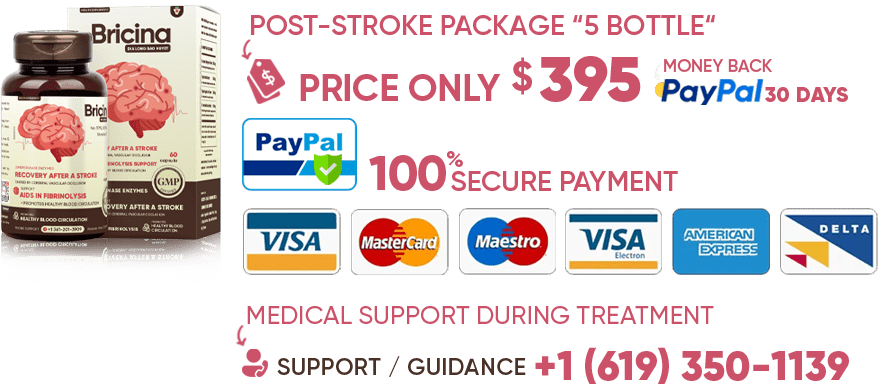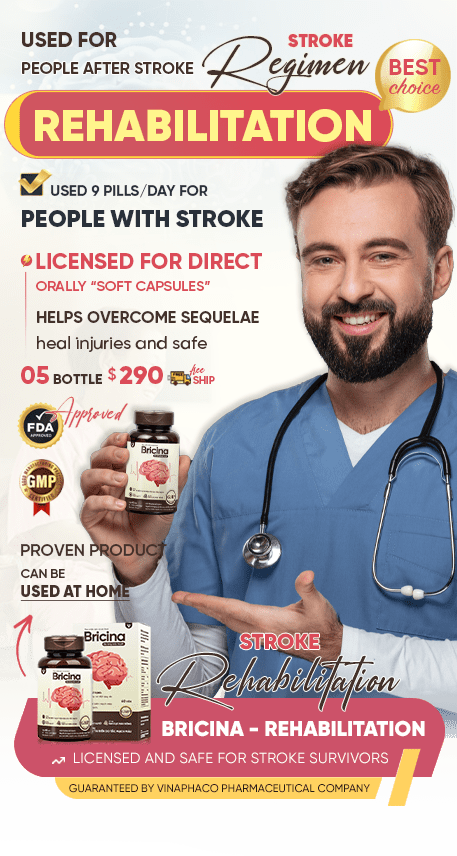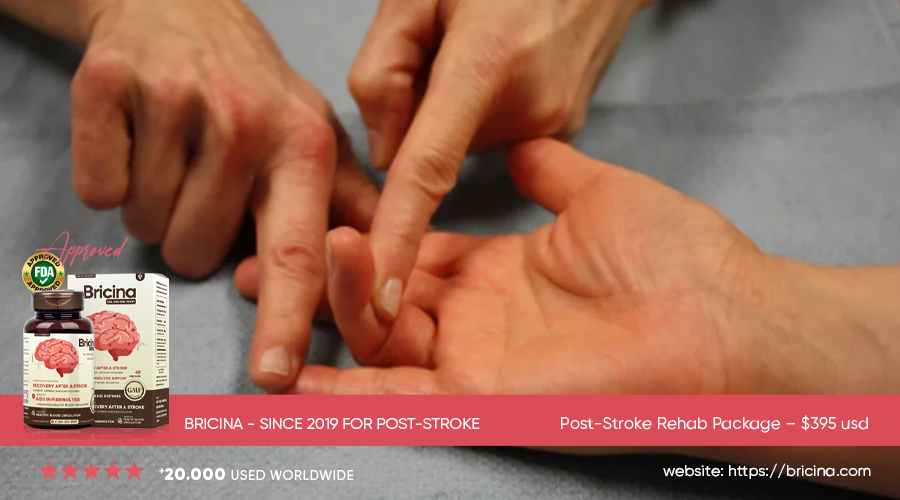Post - Stroke RehabilitationCommon Challenges After a Stroke: Physical, Cognitive, Emotional, Social and Daily Living
Common Challenges After a Stroke:
Physical:
Weakness or Paralysis: One-sided weakness (hemiparesis) or paralysis (hemiplegia) is a frequent consequence, affecting mobility, balance, and coordination. Sensory Changes: Numbness, tingling, or altered sensations can occur, often in the affected limbs. Swallowing Problems: Difficulty swallowing (dysphagia) can lead to nutritional issues and aspiration pneumonia. Fatigue: Extreme tiredness is a common complaint, impacting daily activities and participation in rehabilitation. Spasticity and Contractures: Muscle stiffness and shortening can restrict movement and cause pain. Vision Problems: Visual field deficits, double vision, or other vision changes can impact daily tasks and mobility. Incontinence: Bladder and bowel control issues can be a source of embarrassment and frustration. Pain: Pain in the affected limbs or elsewhere can be a significant obstacle to recovery.Cognitive:
Memory Problems: Difficulty remembering things, learning new information, or recalling past events. Attention Deficits: Difficulty focusing, staying on task, and being easily distracted. Executive Function Impairments: Problems with planning, organizing, problem-solving, and decision-making. Language Difficulties: Aphasia (difficulty understanding or producing language) is a common challenge. Apraxia: Difficulty with motor planning, making it hard to perform purposeful movements.Emotional:
Depression: Feelings of sadness, hopelessness, and loss of interest in activities. Anxiety: Worry, nervousness, and fear about the future or recovery. Emotional Lability: Sudden and unpredictable mood swings. Irritability: Increased frustration and anger.Social and Daily Living:
Difficulty with Daily Activities: Challenges with dressing, bathing, eating, and other self-care tasks. Work and Financial Issues: Inability to return to work, loss of income, and financial strain. Social Isolation: Withdrawal from social activities due to physical limitations or emotional distress. Relationship Challenges: Strain on relationships with family and friends.Other:
Fatigue . Seizures . Sleep Disturbances .Rehabilitation and Support:
Rehabilitation plays a vital role in addressing these challenges. It can involve physical therapy, occupational therapy, speech therapy, and psychological support to help individuals regain lost function, adapt to new challenges, and improve their quality of life. Early intervention and ongoing support are crucial for maximizing recovery and minimizing long-term disability.Post by: Bricina 25/06/2025 05:45:59












